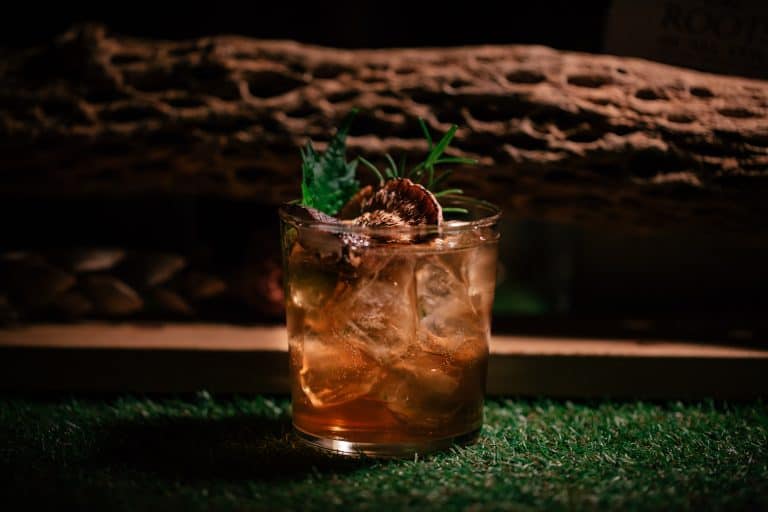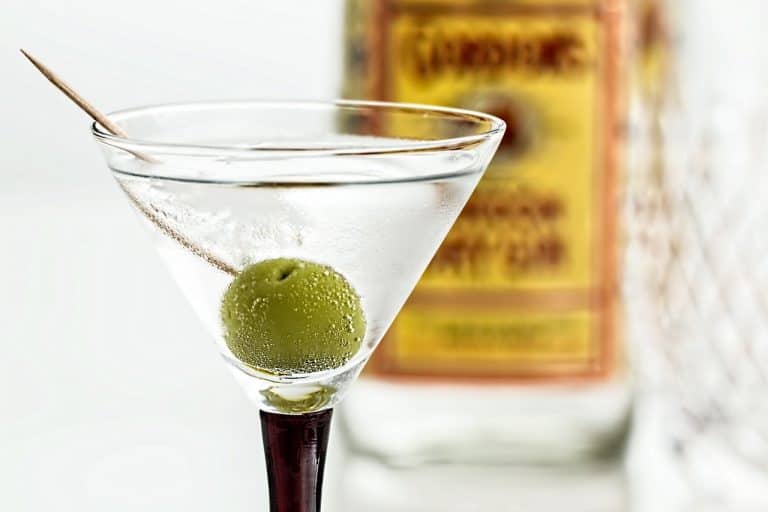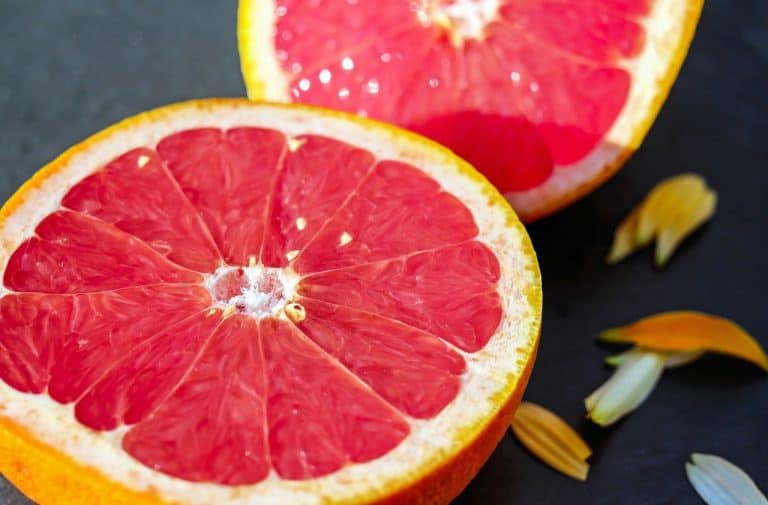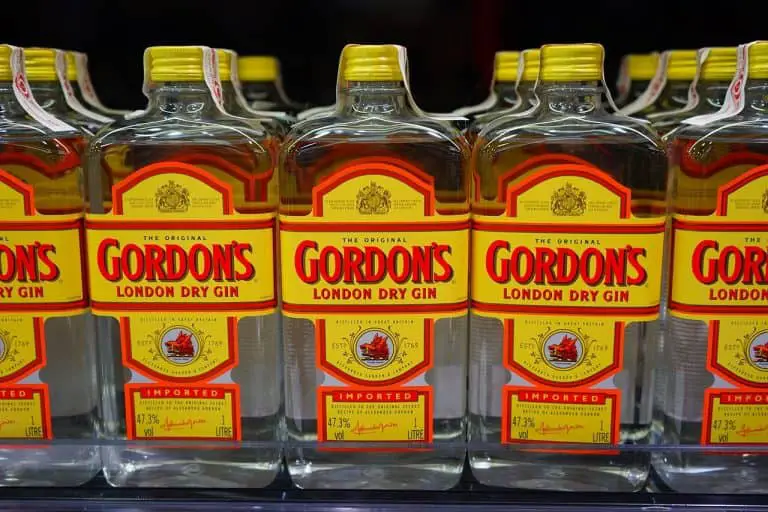Can Gin Keep Mosquitoes Away? A Refreshing Bug Bite Solution
As I savor the crisp tang of my gin and tonic on a sultry evening, I can’t help but wonder if this refreshing libation doubles as a shield against the dreaded mosquito bite. It’s a question that’s tickled my curiosity ever since I heard whispers of gin’s repelling qualities.
I’m diving into the heart of this claim to discover whether there’s any truth to the idea that my favorite cocktail might just be the bug bite solution I’ve longed for.
I’ll be exploring the science behind mosquito repellents, scrutinizing how gin might fit into that narrative, and considering alternative methods to keep these pesky insects at bay.
Join me as I distill fact from fiction and find out if gin truly is my ally in the perennial battle against mosquitoes.
Continue Reading to Understand These Key Points:
- Gin and tonic originated in the 1800s as a solution to the bitter taste of quinine, but scientific studies do not support the claim that gin has significant repellent properties.
- The concentration and volatility of aromatic compounds in gin, such as alpha-pinene and limonene found in juniper berries, are important factors in determining its potential repellent effect.
- Established mosquito repellents like DEET, picaridin, oil of lemon eucalyptus, permethrin-treated clothing, and essential oil mixtures offer evidence-based protection against mosquitoes.
- While gin may not be a reliable bug bite solution, alternative methods such as DEET-based sprays, oil of lemon eucalyptus, permethrin-treated clothing, and essential oil mixtures offer strong protection against mosquitoes.
The Gin and Tonic Tale
I’ve always been intrigued by the history of the gin and tonic, a concoction rooted in the pursuit of health. Initially, it wasn’t crafted for its refreshing zest but as a pragmatic solution to a pressing issue.
In the 1800s, British colonialists in India faced the deadly threat of malaria. Quinine, sourced from the bark of the cinchona tree, was identified as an antimalarial agent. However, its bitter taste was far from palatable.
The British officers began mixing quinine with water, sugar, lime, and gin to make the medicine more enjoyable, inadvertently creating the gin and tonic. The precise origins are debated, but evidence suggests that this mix became a staple in India by the early 19th century.
Analyzing the gin and tonic’s transformation from medicinal tonic to cocktail staple reveals a fascinating shift in consumption patterns.
The drink’s popularity grew as it traversed from a health necessity to a social beverage. The addition of carbonated water in the 1850s further evolved the drink into its modern form.
It’s a clear testament to how cultural and environmental pressures can shape culinary practices. The gin and tonic, a drink born out of the need to stave off disease, became a timeless classic, demonstrating versatility and adaptability.
Understanding Mosquito Repellents
Having delved into the history of the gin and tonic, I’m now turning my attention to the science behind mosquito repellents to see if there’s truth to the claim that gin can keep pests at bay.
Mosquito repellents function by blocking the insects’ ability to detect us. Typically, these repellents contain active ingredients like DEET, picaridin, or oil of lemon eucalyptus, which have been scientifically proven to disrupt the mosquito’s olfactory senses.
I’m scrutinizing studies to understand how these compounds work. DEET, for instance, confuses mosquitoes by masking the scent of carbon dioxide and lactic acid that we emit, which are potent attractants for these bloodsuckers.
Oil of lemon eucalyptus, on the other hand, provides a strong odor that’s unappealing to mosquitoes, effectively acting as a deterrent.
In this detailed examination, I haven’t found robust evidence suggesting that gin, whether consumed or applied topically, has any significant repellent properties. While alcohol does evaporate from the skin, potentially offering a brief period of repellency, it’s not comparable to the efficacy of scientifically validated repellents.
Scientific Insights on Gin
Why then, am I investigating the chemical composition of gin to determine its potential as a mosquito repellent? It’s simple: the ingredients in gin might just have properties that repel these pesky insects.
Gin is primarily made from ethanol, water, and various botanicals, with juniper berries being the most prominent flavoring agent. It’s the botanicals that pique my interest, as they’re known for their aromatic compounds.
Now, ethanol itself isn’t a significant deterrent for mosquitoes. However, it serves as a solvent, extracting essential oils from the botanicals, which could be repellent. Juniper, for instance, contains compounds like alpha-pinene and limonene, known for their insect-repellent properties.
These substances are found in many commercial repellents, suggesting that gin’s components might contribute to a mosquito-repellent effect.
I’m also examining the concentration of these compounds in gin. It’s not enough that they’re present; their levels must be high enough to be effective. Plus, the volatility of these oils is crucial—they need to evaporate to create an olfactory barrier that mosquitoes find unattractive.
Alternative Mosquito Deterrents
Exploring the potential of gin as a mosquito repellent, I’m now turning to examine established alternative deterrents that have proven efficacy. The following table outlines some notable alternatives, each with its level of effectiveness and usage considerations.
| Deterrent | Active Ingredient | Effectiveness |
|---|---|---|
| DEET-based sprays | N, N-Diethyl-meta-toluamide | High |
| Picaridin sprays | Picaridin | High |
| Oil of lemon eucalyptus | PMD (the synthetic version of eucalyptol) | Moderate to High |
| Permethrin-treated clothing | Permethrin | High |
| Essential oil mixtures | Various (e.g., citronella, tea tree, lavender) | Variable |
DEET, the most common repellent, is widely recognized for its effectiveness, but concerns about its safety have led some to prefer alternatives like picaridin, which offers comparable protection with less skin irritation.
The oil of lemon eucalyptus, a natural option, is increasingly popular due to its efficacy and pleasant scent, although it should be used cautiously on children under three. Permethrin-treated clothing provides a no-skin-contact solution, particularly useful for outdoor enthusiasts.
Essential oil mixtures can be effective, but their performance is inconsistent, and they often require frequent reapplication. Careful analysis of these deterrents suggests that while gin may not be the most effective mosquito repellent, several alternatives offer strong, evidence-based protection against these biting pests.
Final Thoughts
So, it turns out that guzzling gin won’t turn you into an invisible force field against bloodthirsty mosquitoes. Disappointing, I know.
While the tonic’s quinine once had us hopeful, science has sobered us up with a resounding ‘nope’—it’s about as effective as wishing on a shooting star.
For those serious about dodging bites, investing in proven repellents is the way to go. Gin, alas, is better served with ice and a slice, not hopes and hype.






